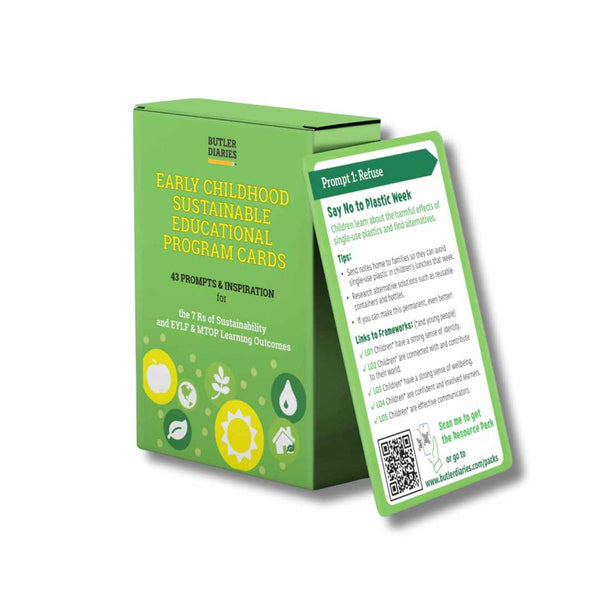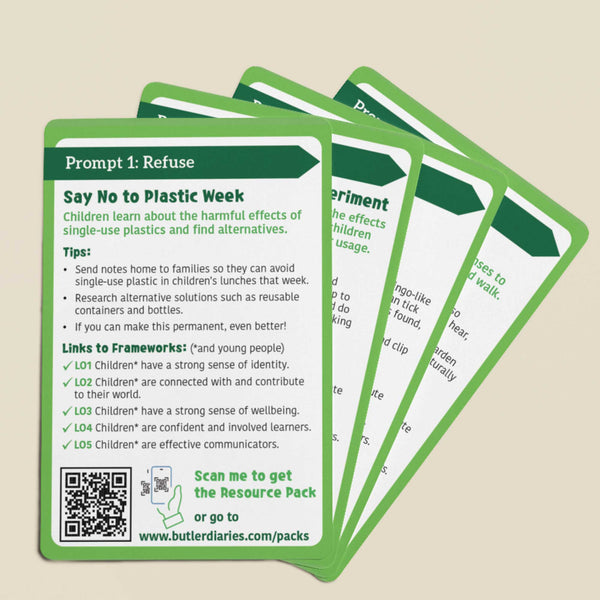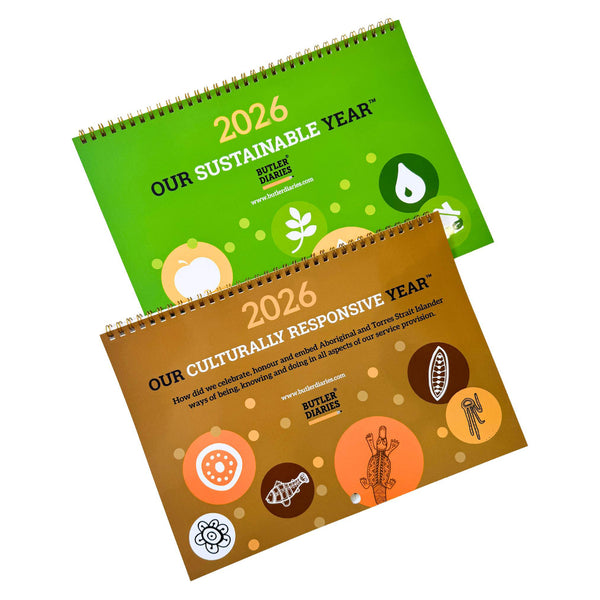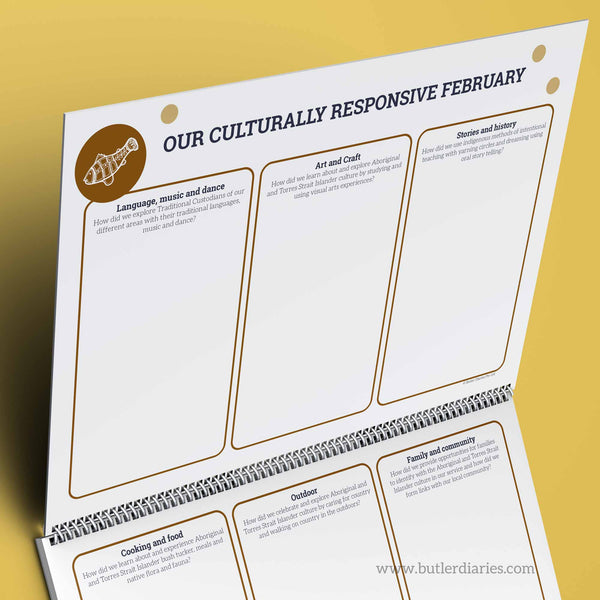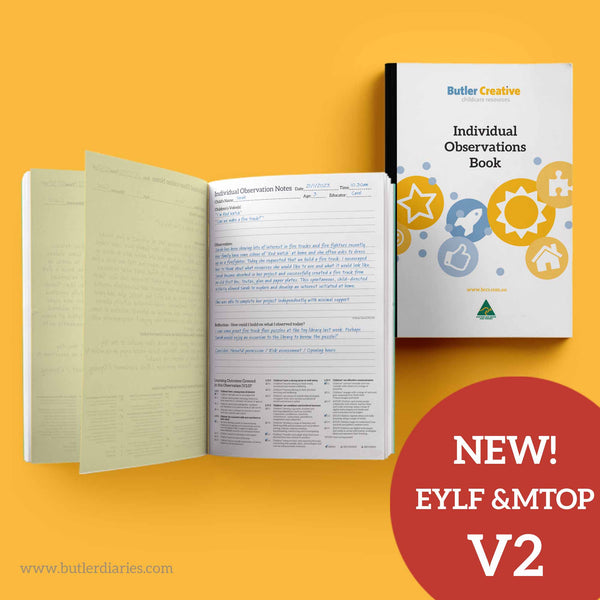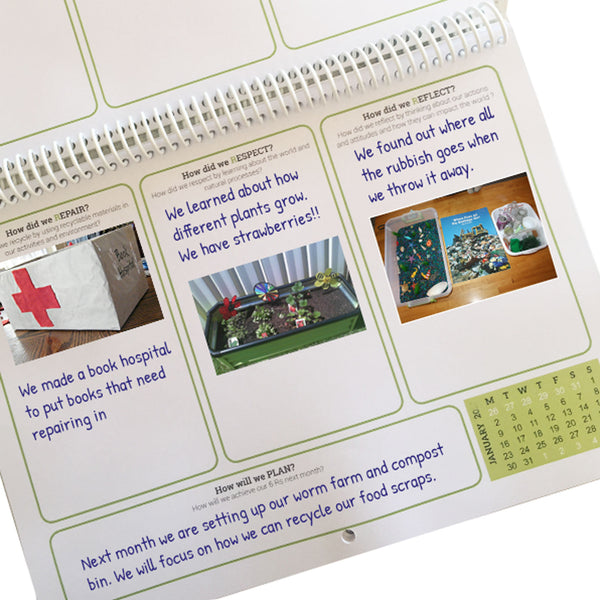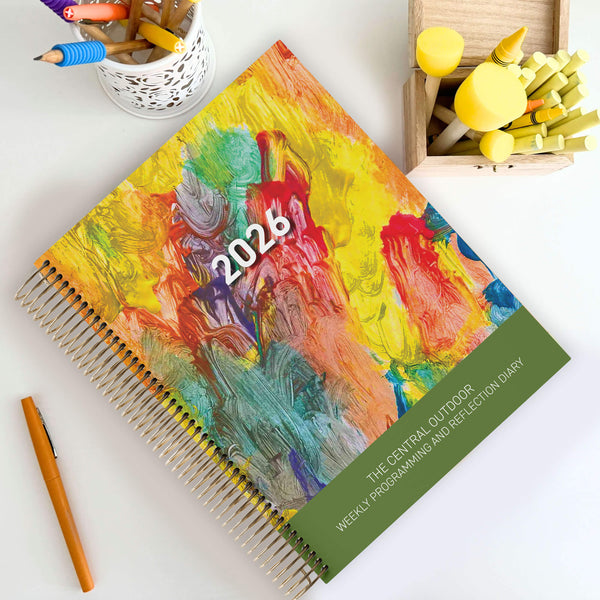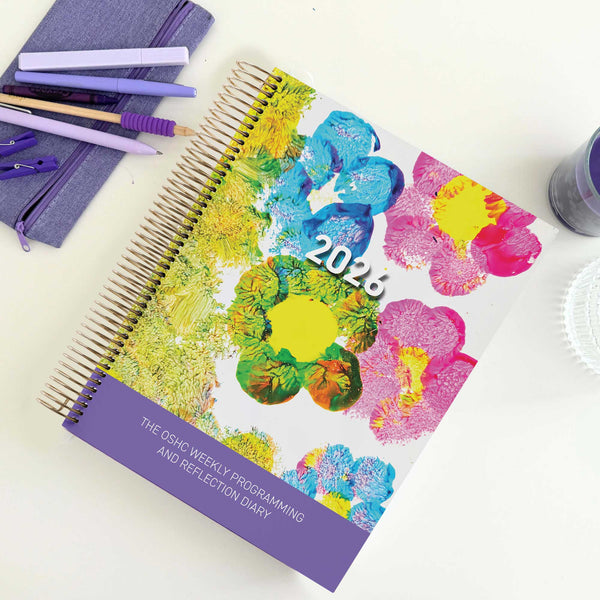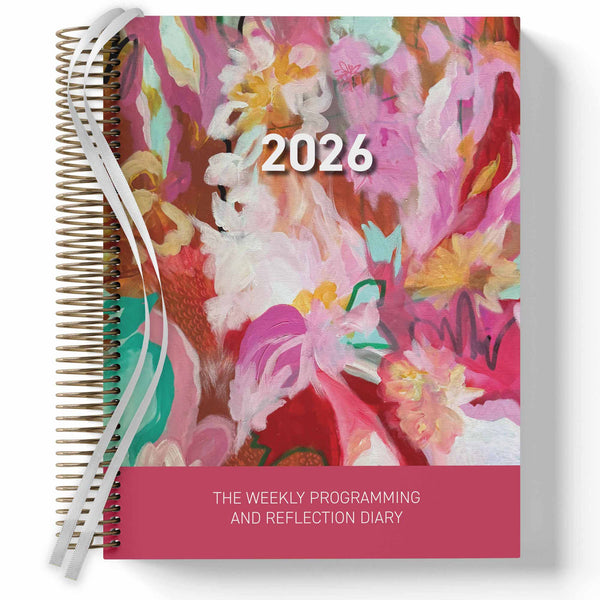Sustainability isn't a separate topic in Early Childhood Education and Care—it’s embedded in our daily practices, relationships, and intentional teaching. With the updated EYLF v2.0, sustainability now emphasises the extension beyond the environmental. The three dimensions—environmental, social, and economic—intertwine to foster holistic, future-focused learning.
To bring these concepts to life for children in ways that are meaningful, educators can use the 7Rs of sustainability: Refuse, Reduce, Reuse, Recycle, Repair, Respect, and Reflect. Below, we’ll explore practical experiences that align the three dimensions of sustainability with each of the 7Rs.
1. Refuse
Dimension: Environmental, Social & Economic
Experience Idea: "Junk Mail Bin Challenge"
Encourage children to collect junk mail brought from home or found in the community. Use this to start conversations about what we don’t need and why it’s important to refuse unnecessary packaging or marketing materials.
Learning Links:
-
Builds awareness around overconsumption.
-
Teaches children to question what we accept into our environment.
EYLF Connection: Outcome 2 – Children become socially responsible and show respect for the environment.

2. Reduce
Dimension: Environmental
Experience Idea: "Lunchbox Waste Watchers"
Create a waste audit chart with the children to tally how much single-use packaging appears in lunchboxes over a week. Talk about what could be reduced and brainstorm alternatives like reusable containers.
Learning Links:
-
Supports children in understanding their impact.
-
Encourages families to engage in sustainable habits.
EYLF Connection: Outcome 3 – Children take increasing responsibility for their own health and physical wellbeing.
3. Reuse
Dimension: Environmental, Social & Economic
Experience Idea: "Loose Parts Play from Reused Items"
Set up a loose parts play station using bottle caps, cardboard tubes, fabric scraps, or old kitchen utensils. Children can create, construct, and role-play, showing endless creativity with what would otherwise be discarded.
Learning Links:
-
Encourages resourcefulness.
-
Reinforces the idea that ‘new’ isn’t always necessary.
EYLF Connection: Outcome 4 – Children develop dispositions for learning such as curiosity, creativity and confidence.

4. Recycle
Dimension: Environmental
Experience Idea: "Recycling Station Role Play"
Set up a mini recycling centre with bins labelled for cardboard, plastic, and paper. Involve children in sorting recyclable materials after craft sessions or meal times. Make it part of daily routines.
Learning Links:
-
Promotes responsibility and environmental stewardship.
-
Makes abstract systems tangible for young minds.
EYLF Connection: Outcome 2 – Children become socially responsible and show respect for the environment.
5. Repair
Dimension: Economic, Social & Environmental
Experience Idea: "Fix-It Friday"
Involve children in repairing toys, sewing dolls’ clothes, or fixing books. Have simple tools or sewing materials available for adult-guided repair sessions. Invite the community or local nursing home to come in and share their skills and fix their items.
Learning Links:
-
Teaches problem-solving and resilience.
-
Reduces waste and saves resources.
EYLF Connection: Outcome 4 – Children transfer and adapt what they have learned from one context to another.

6. Respect
Dimension: Social, Environmental & Economic
Experience Idea: "Caring for Country Walks"
Go on nature walks where children can engage with the land respectfully. Acknowledge Traditional Custodians, discuss Aboriginal and Torres Strait Islander perspectives, and invite respectful, sustainable interactions with nature.
Learning Links:
-
Strengthens connections to Country.
-
Fosters social responsibility and inclusion.
EYLF Connection: Outcome 2 – Children respond to diversity with respect.
7. Reflect
Dimension: Social & Environmental
Experience Idea: "Sustainability Journal"
Keep a class journal (or diary) where children can draw or dictate their thoughts on what they’re learning about sustainability. Reflect on what changes they’ve made, what worked, and what could improve. The Children's Voices Diary works great for this.
Learning Links:
-
Supports critical thinking from a young age.
-
Encourages a sense of agency and voice.
EYLF Connection: Outcome 5 – Children interact verbally and non-verbally with others for a range of purposes.

Why This Matters
Integrating the 3 dimensions of sustainability with the 7Rs through everyday activities helps children form deep-rooted values. They learn not only to act sustainably, but to think sustainably—questioning, problem-solving, and caring for their community and environment.
As educators, we’re not just modelling these actions—we’re building a foundation for children to become active, informed citizens of tomorrow.
Need Help Embedding Sustainability Into Your Program?
At Butler Diaries, our Educator Diaries and Sustainability Tools are designed to help you document, reflect, and extend on sustainability practices with ease. Whether you're tracking environmental audits or linking learning to EYLF v2.0, we've got a diary tailored to your role.
For more Educational Experiences with links to the 3 dimensions and 7Rs, have a look at:
-
Sustainable Educational Program Cards Deck 1, and
-
Sustainable Educational Program Cards Deck 2: 3 Dimensions of Sustainability
To see an example of sustainability in practice, check out this article:










